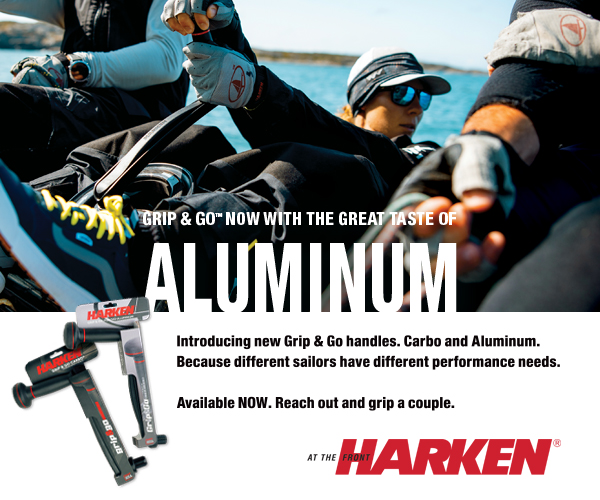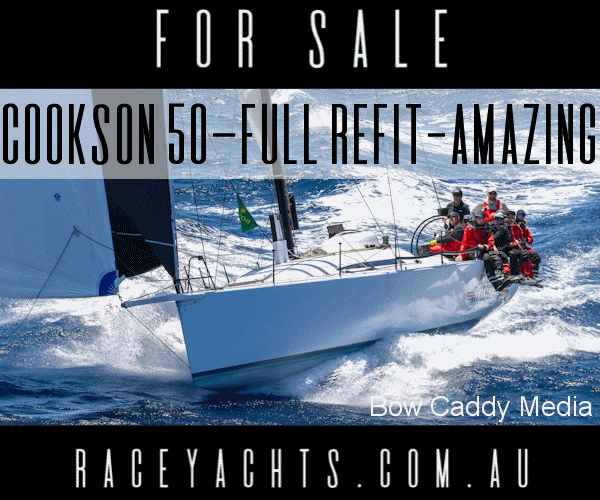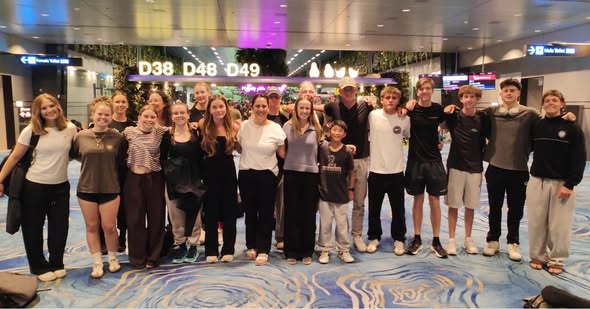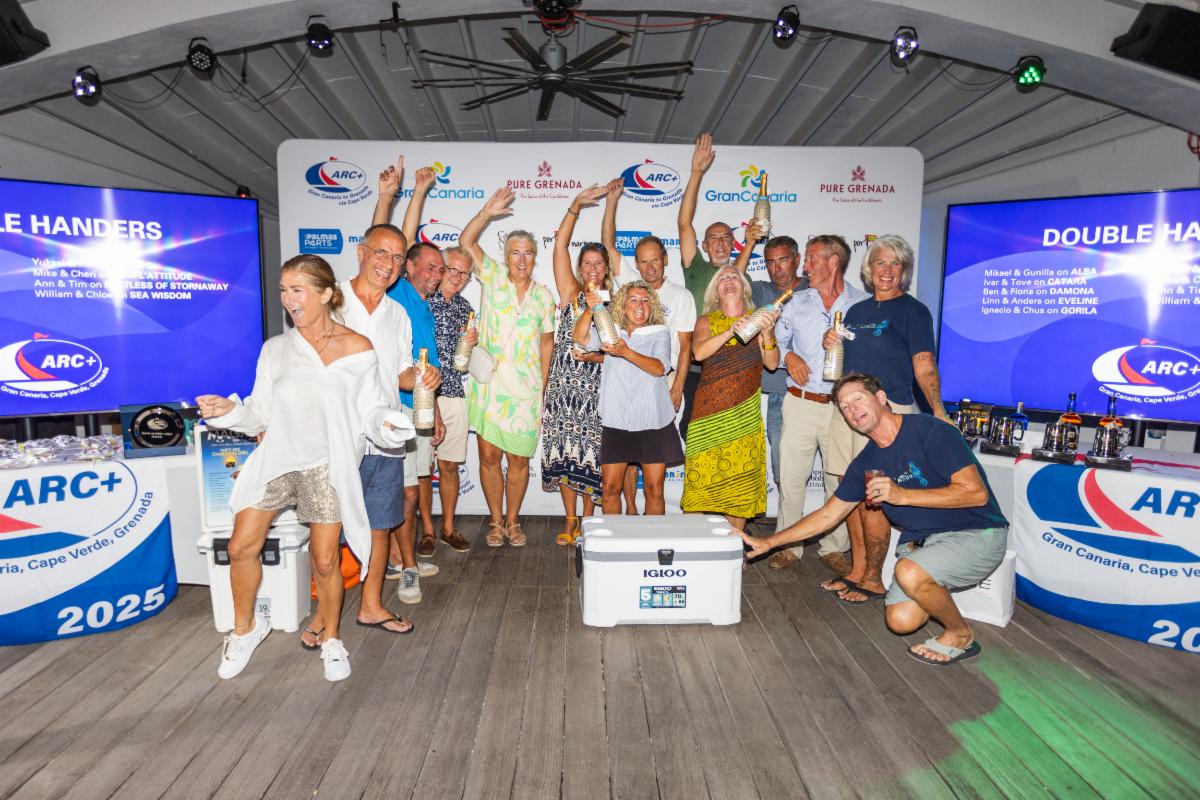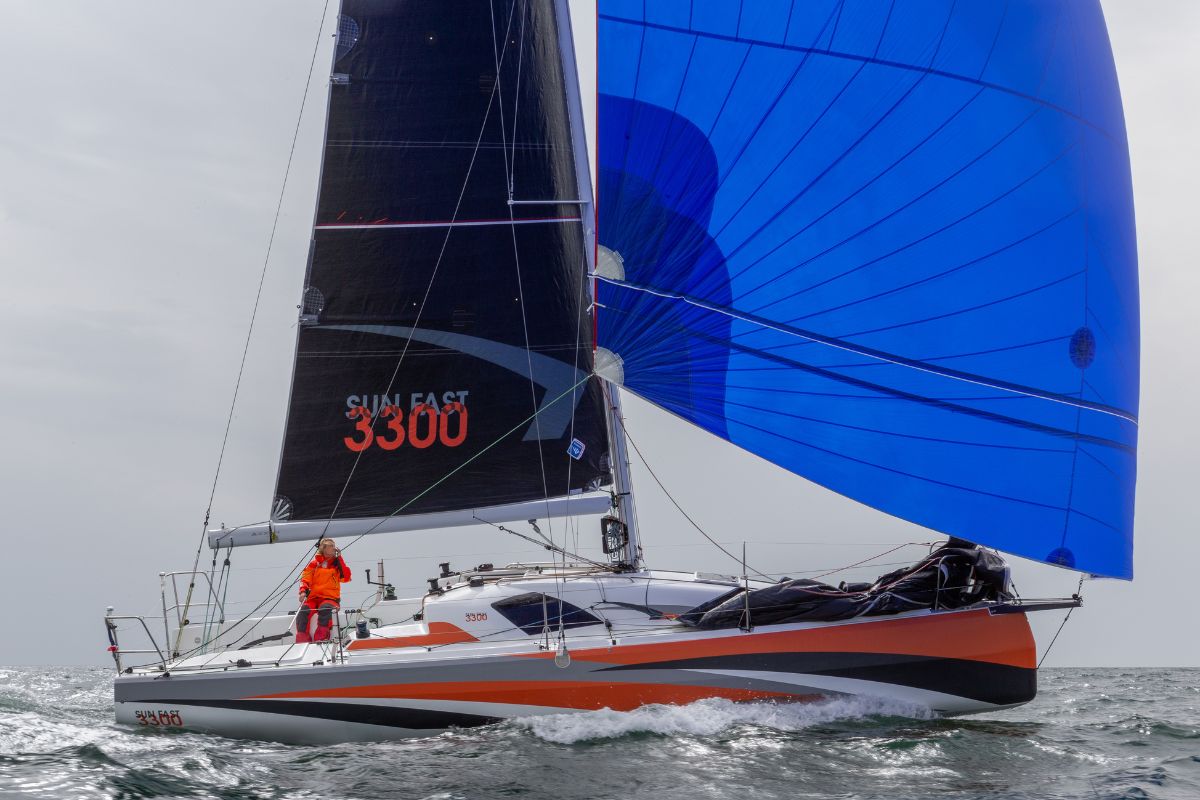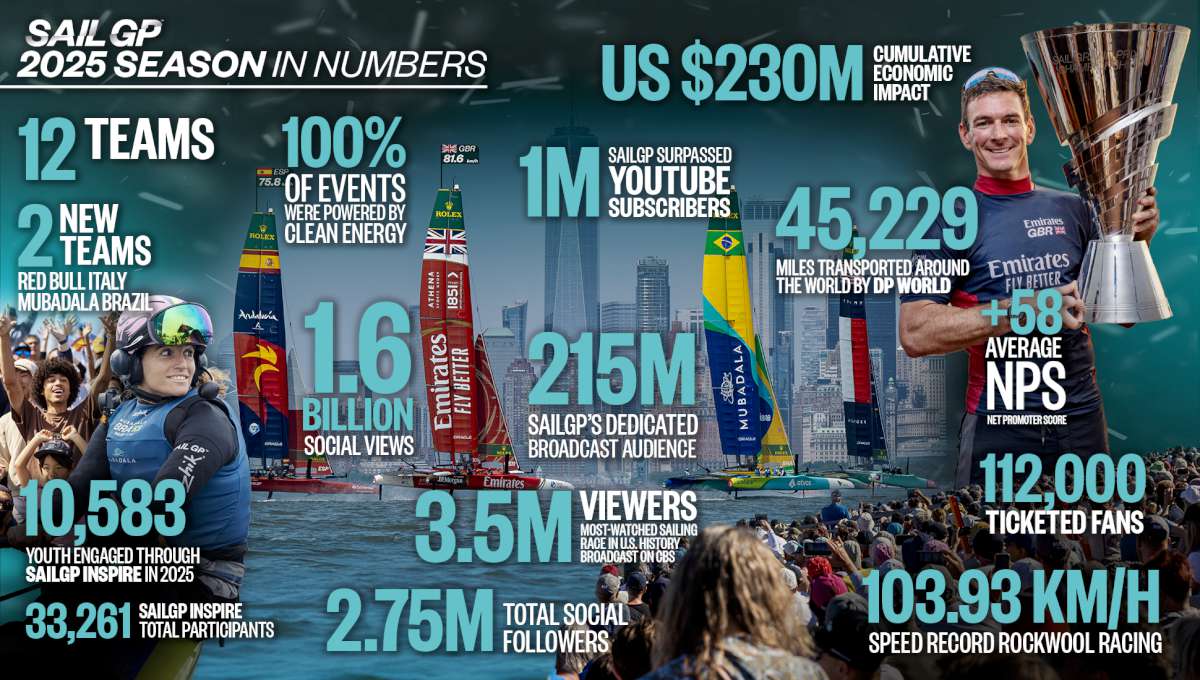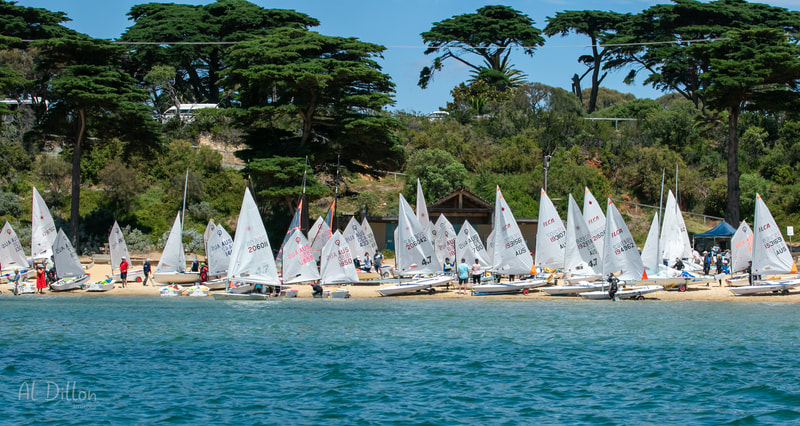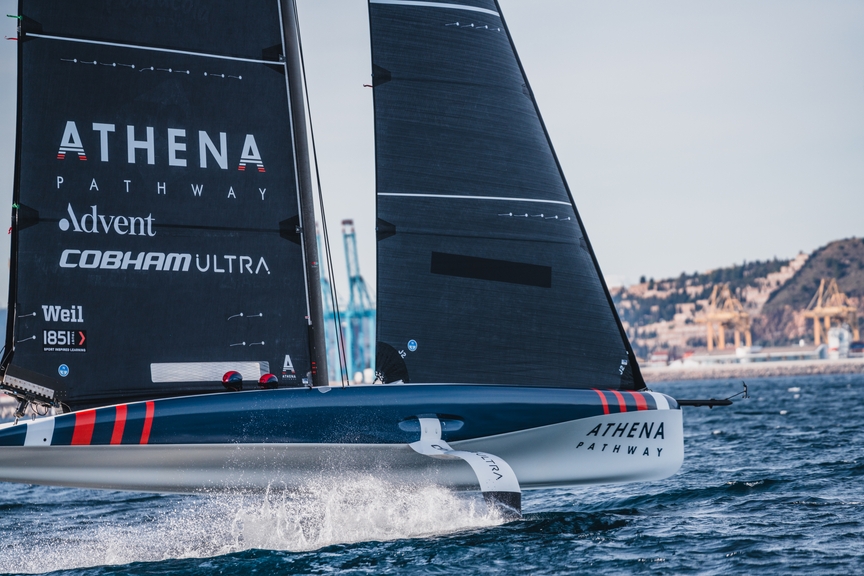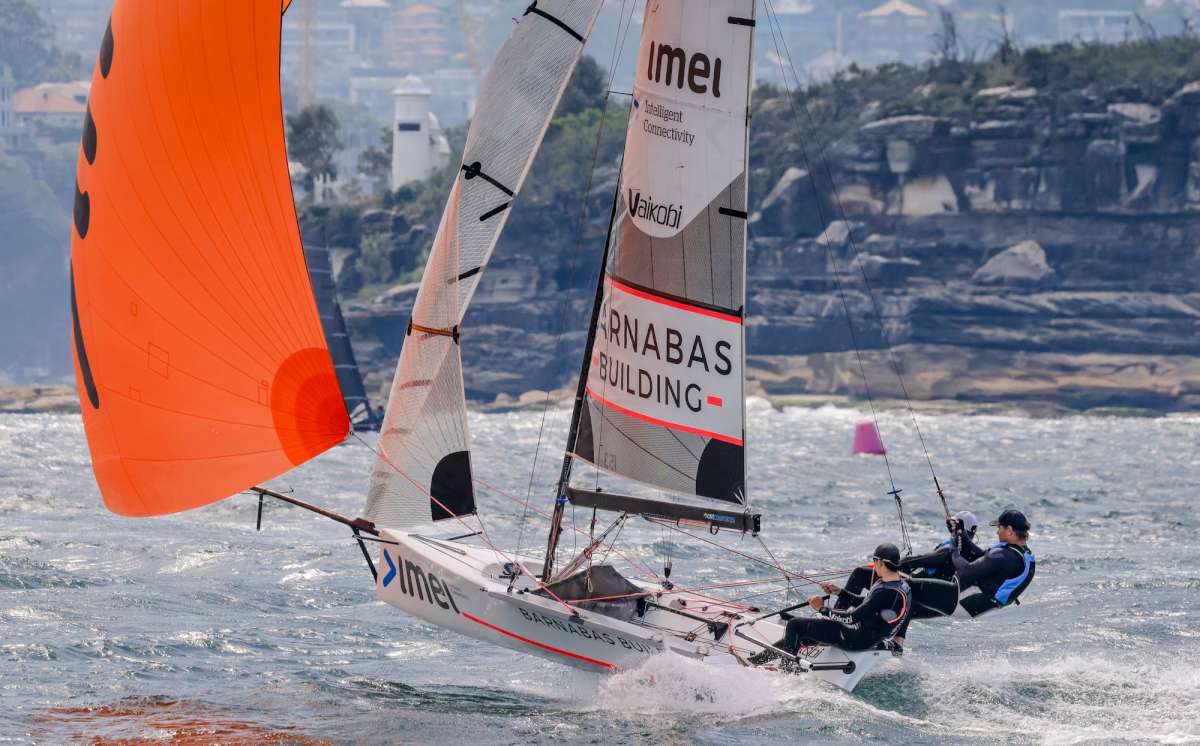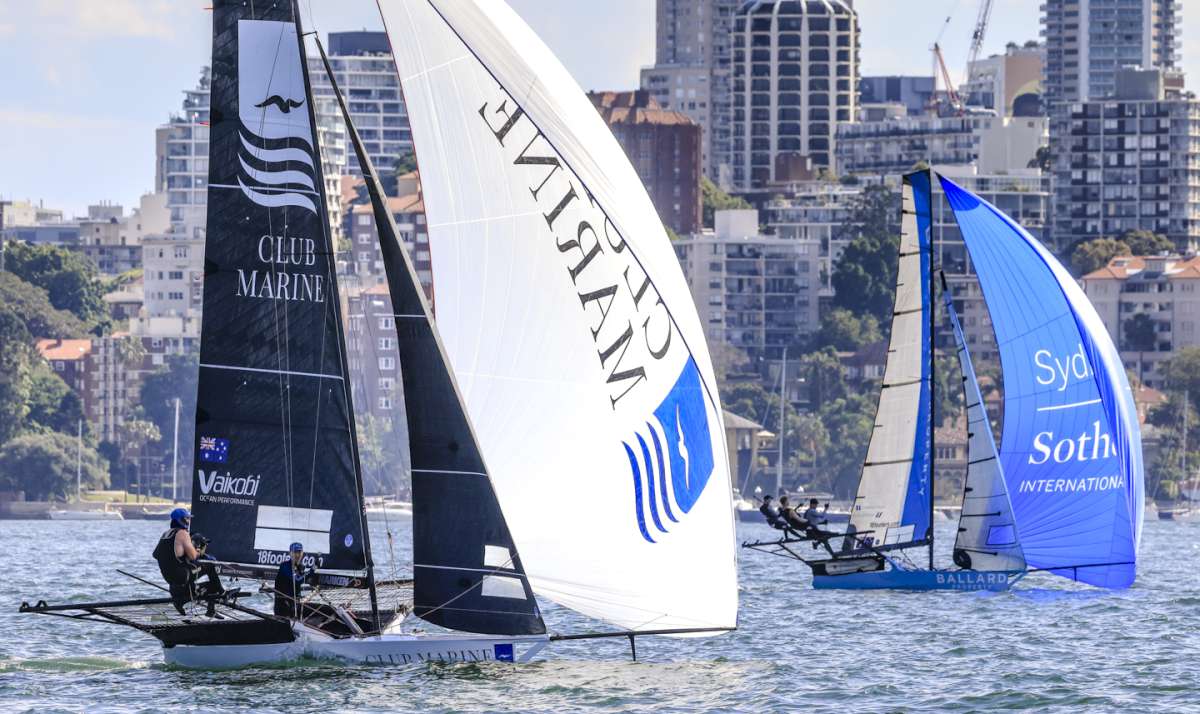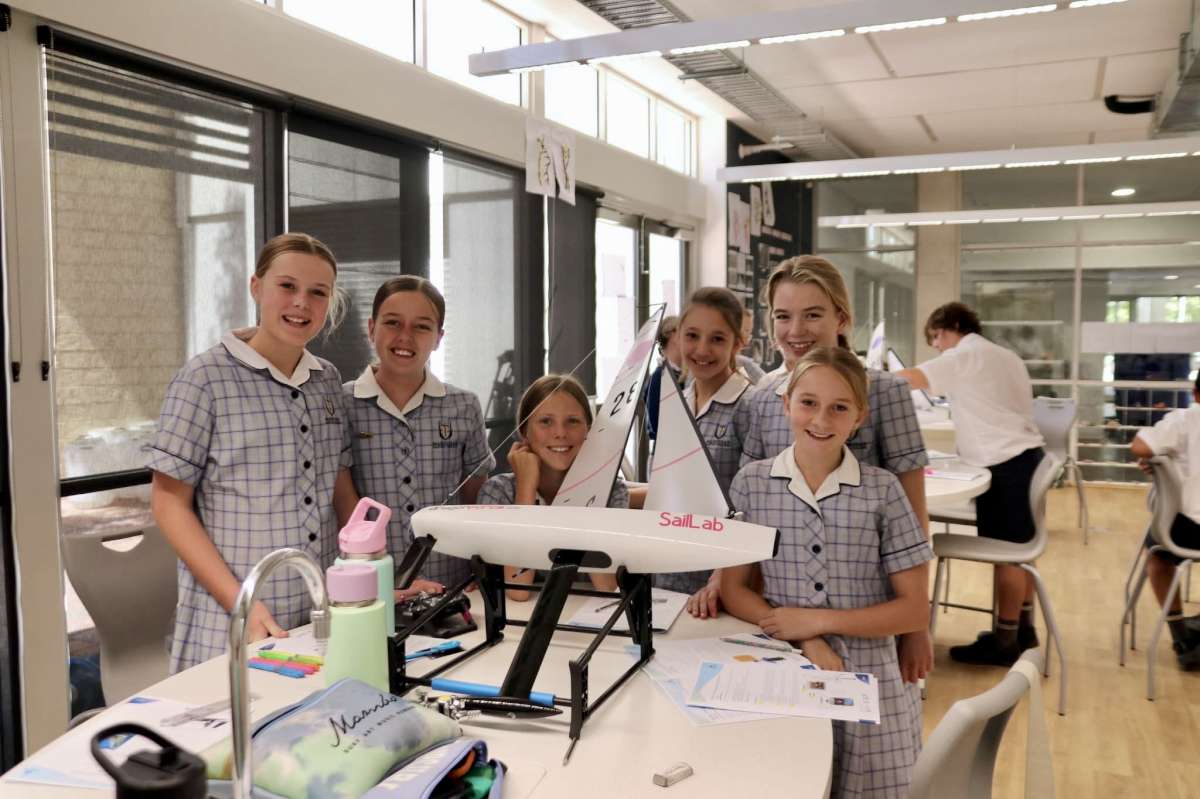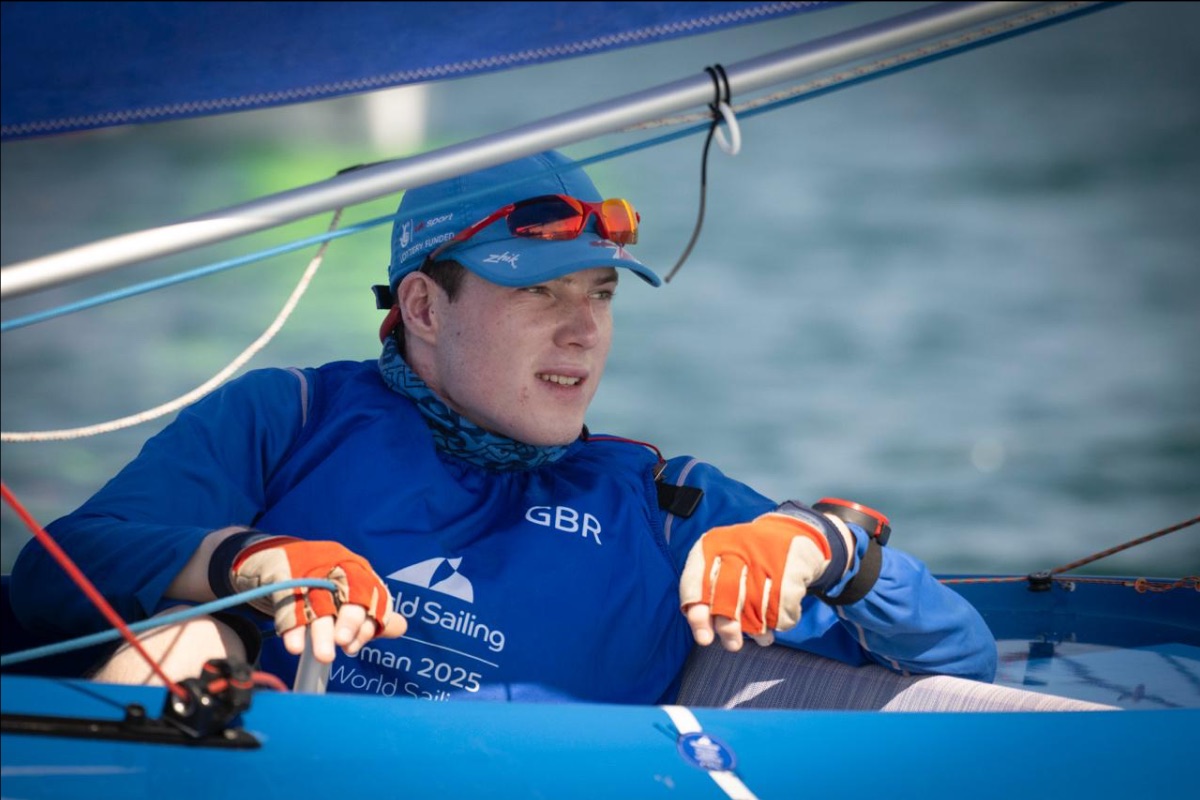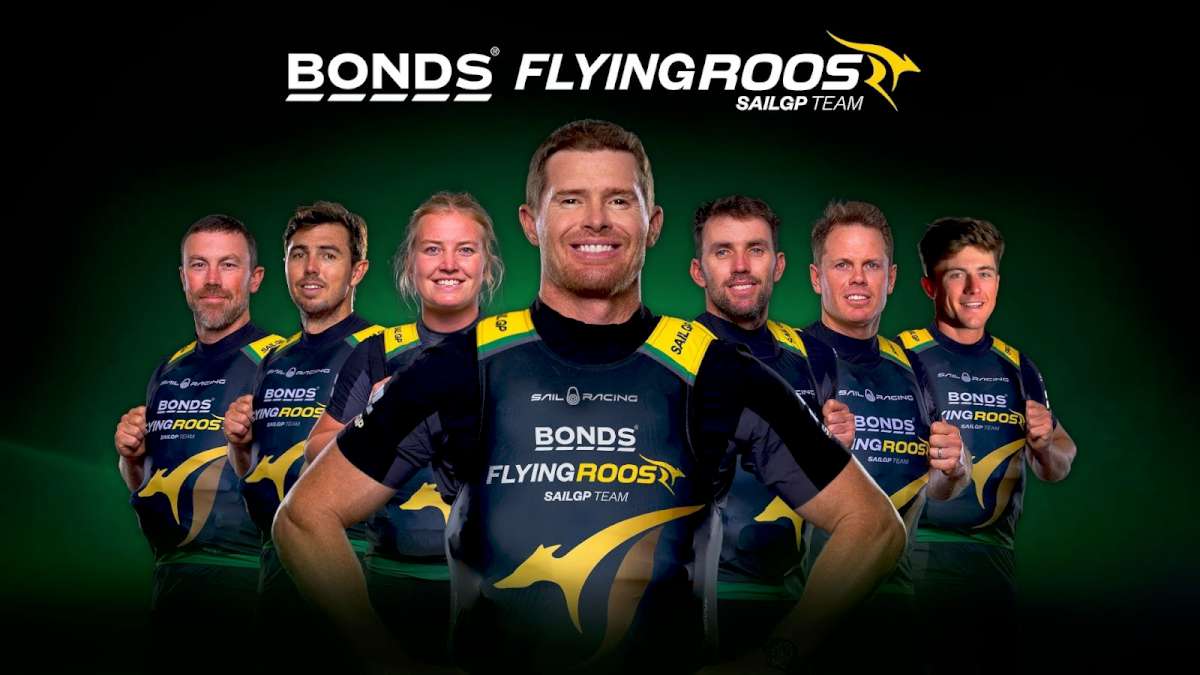Ten years ago, Australia’s largest aluminium boat manufacturer Telwater approached Suez in a bid to reduce landfill waste and embark on a sustainability journey.
Today, with the help of the Suez team, Telwater consistently diverts about 77per cent of its waste from landfill each month.
“At SUEZ, our purpose is to shape a sustainable environment, so we were thrilled when Telwater came to us sharing that same vision – we couldn’t be prouder about reaching this 10-year milestone together,” explains Suez’s State Sales Manager for Queensland, Liesl Hull.
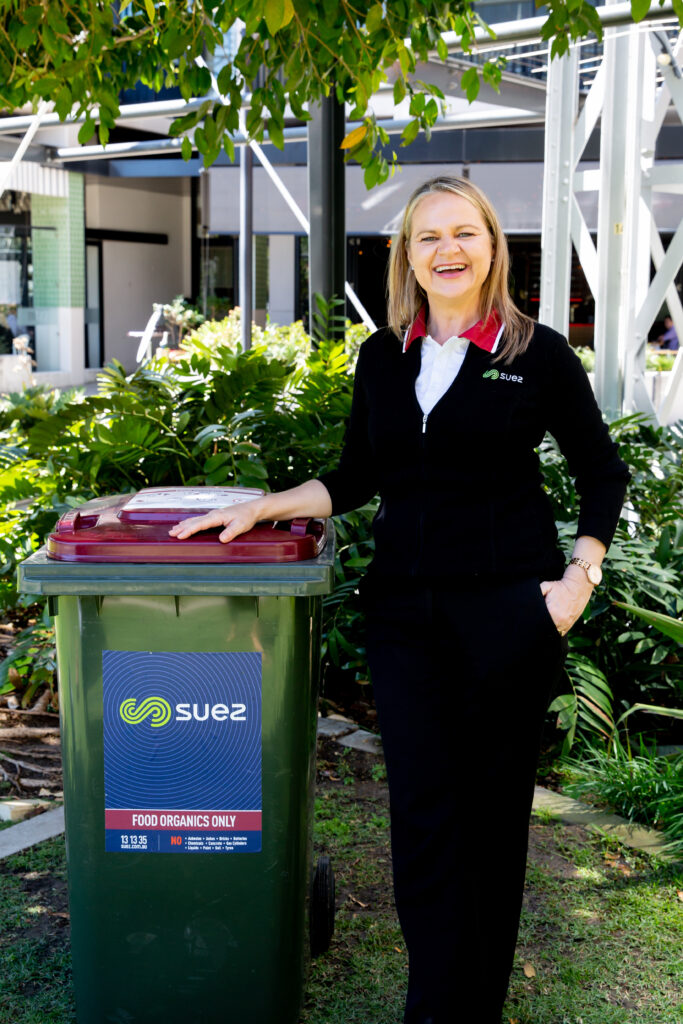
Employing 350 locals at its Coomera headquarters on the Northern Gold Coast, Telwater is the largest aluminium boat manufacturer in the Southern Hemisphere, making boats and trailers across Quintrex, Stacer, Savage, Yellowfin and Move Trailer brands. SUEZ is an environmental recycling and recovery company that finds ways to turn waste into resources that can be recycled within the circular economy.
“During the 10 years we’ve been partnering with Telwater, we’ve diverted about 3,262 tonnes of waste from landfill, which would be enough to fill 82 football fields or 23 Olympic-sized pools,” Hull said. “That’s across 12 waste streams, which include general waste, paper and cardboard, confidential papers, aluminium oxide (from aluminium sheet offcuts), paint thinners, raw timber, treated timber, used machine oil, chemicals, soft clear plastics, e-waste and oil rags.
“That means fewer carbon emissions and more waste recycled, which helps to protect our natural waterways which are the playground of Telwater’s customers.”
Operations Manager Brad Drake, who has worked with Telwater for 20 years, says it’s been amazing to witness sustainability efforts improve during the past decade.
“Our goals 10 years ago were different to our goals today – back then, we had no recycling program in place,” Drake said. “As a company that encourages our customers to get out on the water and enjoy nature, we wanted to play our part in preserving the natural environment.”
Purchasing Manager at Telwater David Jacobitz says the boat manufacturer’s targets today centre around reducing the amount of waste they produce per boat.
“Telwater’s growth has picked up pace since the pandemic switched Australians’ recreational dollars from overseas holidays to local entertainment, so it’s important our sustainability efforts keep up with our growth,” said Jacobitz.
As well as the audits and reporting, Suez also conducts supply chain assessments, which identify areas that can prevent waste coming onto site in the first place.
“For instance, Suez pinpointed black plastic wrapping as waste destined for landfill, so we’re working with suppliers to stop it at the source and prevent it arriving on site,” said Jacobitz. “We’re also asking suppliers to avoid sending us retail packaging where possible so we can cut back on waste.”
Another important enabler to move the sustainability needle centres around staff training on correct waste segregation.
“Suez has also placed a full-time representative on site who is dedicated to promoting waste segregation,” Jacobitz said. “With our vast employee base, continuous education and the dedicated Suez support person on-site are key to keeping us focussed. While the environmental benefits are clear, we also save money on waste levies by diverting waste from landfill and reducing the amount of waste we produce as a business.”

